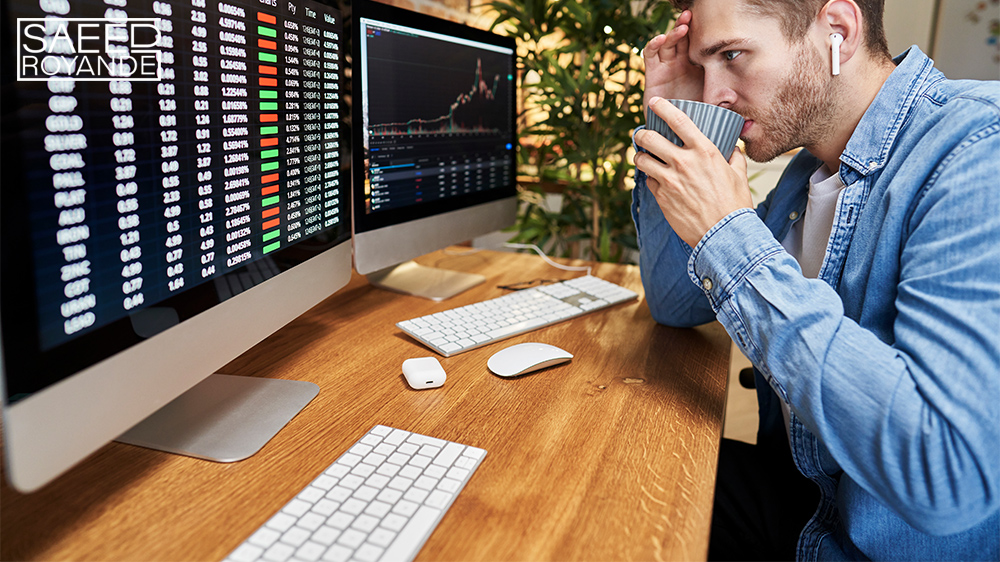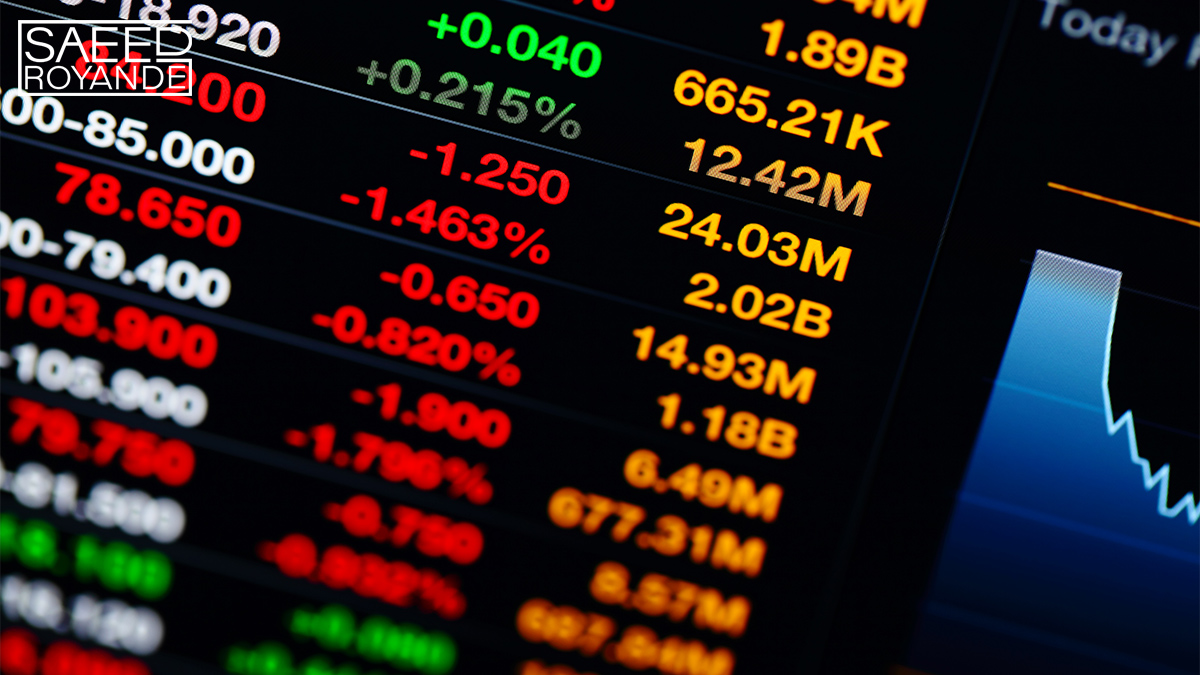When the stock market responds too strongly to news or events, this is known as a market overreaction. As a result, investors may be presented with opportunities to purchase high or sell low when stock prices fluctuate more wildly than usual. This article will discuss market overreaction, including its definition and outcomes.
Explaining market overreaction
When the stock market responds excessively to news or events, this is known as a market overreaction. When this happens, investors may be presented with opportunities to purchase high or sell low when stock prices fluctuate more wildly than usual. Emotional considerations like greed or fear, rather than a logical evaluation of the underlying securities, underlie many market overreactions. Many hypotheses and explanations have been proposed to explain market overreactions. Investors and traders are affected by their own psychological and cognitive biases. Cognitive biases that can lead to exaggerated responses include anchoring, confirmation bias, availability heuristic, representativeness heuristic, and herd behavior. Cognitive biases such as the tendency to overestimate or underestimate the significance of new information, disregard opposing evidence, place disproportionate weight on conspicuous or recent occurrences, to generalize from insufficient data, and blindly follow the herd may influence investors to make poor decisions.

Investment Stock Market Entrepreneur Business Man
Examples of Market Overreaction
Overreaction in the market can be shown in:
- In bubbles and crashes, investors’ excessive enthusiasm or panic causes asset prices to surge or collapse far beyond their fundamental values. Some historical instances of bubbles and collapses include the tulip mania of the 17th century, the dot-com bubble of the late 1990s, and the cryptocurrency boom and bust of 2017.
- When asset prices reverse course after experiencing exceptionally high or low returns, we say that the trend has reversed. Stock returns have been shown to reverse significantly after three and five years of over or underperformance, for example, as documented by De Bondt and Thaler (1985).
- Underreactions occur when asset prices do not accurately reflect new information for many reasons, such as anchoring, inertia, and so on. For instance, in July of 2019, Ignas Vitalis (2019) noticed that the EURUSD first underreacted to the US Non-Farm Payrolls report, before reacting more strongly later on.

Adult Man Following Stock Market Data
Confronting an Overreacting Market
Here are some tips from personal trainers on how to proceed when the market is overreacting:
- When the market is overreacting, it is important to stay calm and avoid panic selling or buying based on emotions. Instead, one should focus on the long-term goals and diversify the portfolio to reduce risk.
- If a customer wants to enhance their physical and emotional health, a personal trainer can assist by giving instruction and incentives. Client-specific needs and desired outcomes are taken into account while developing programs and providing feedback.
- Conducting market research can help personal trainers better serve their clientele, determine fair pricing, provide the most in-demand services, and distinguish themselves from the competitors.


